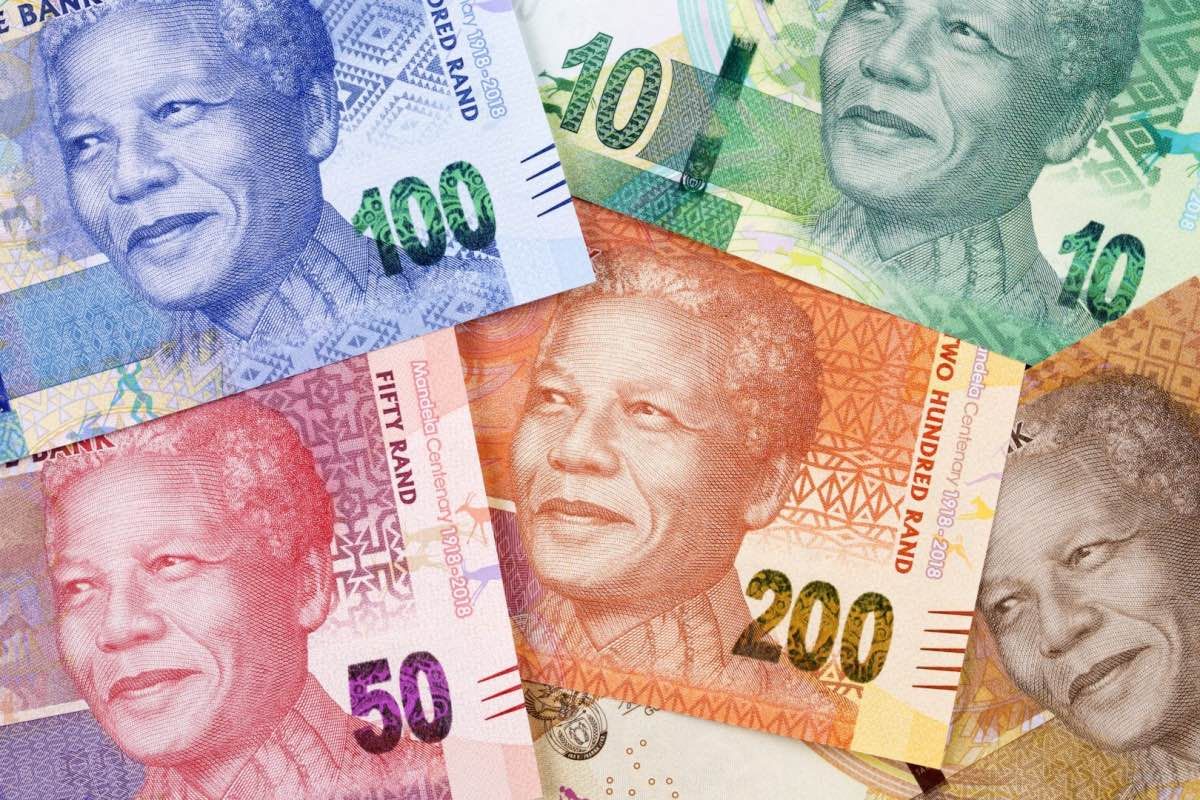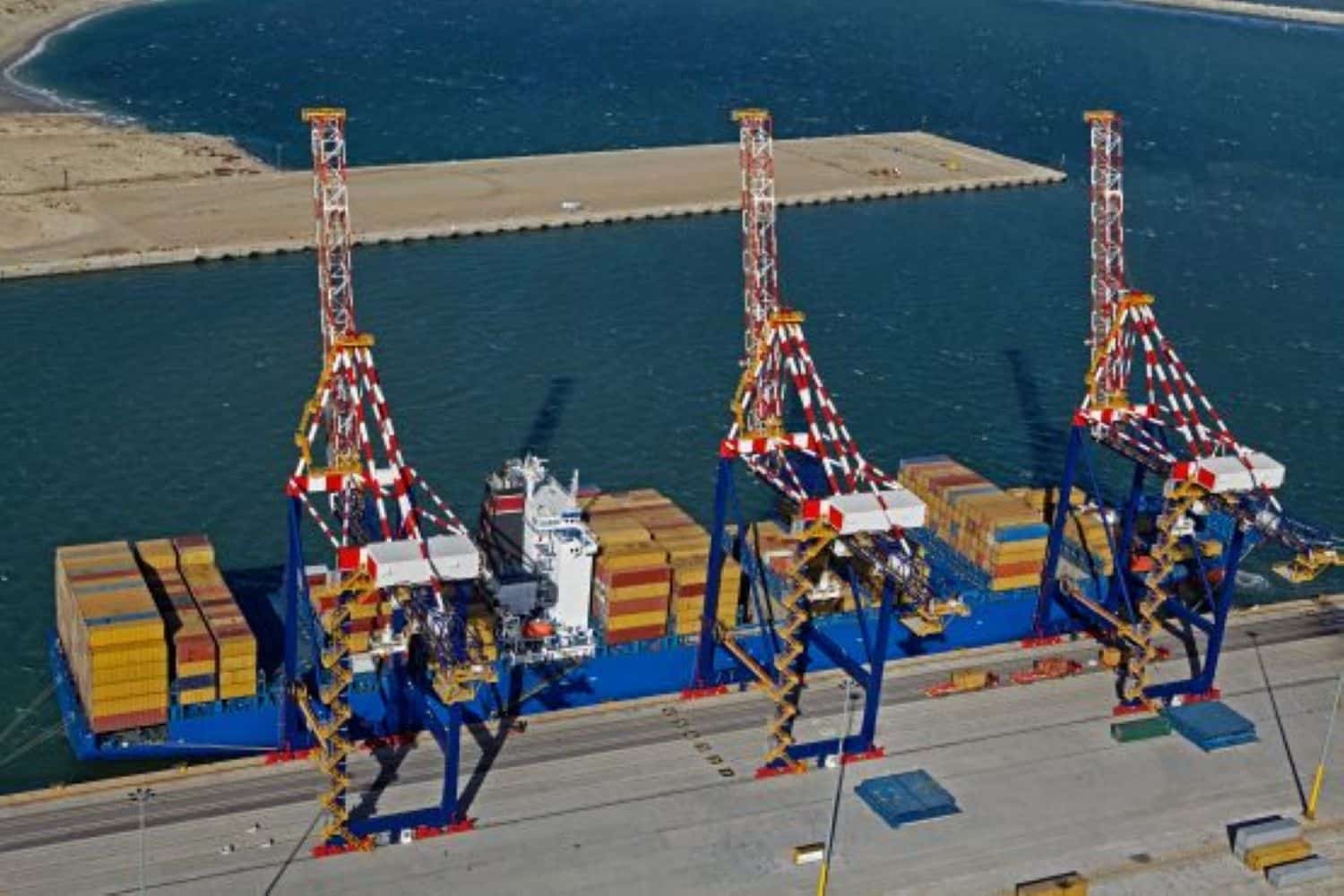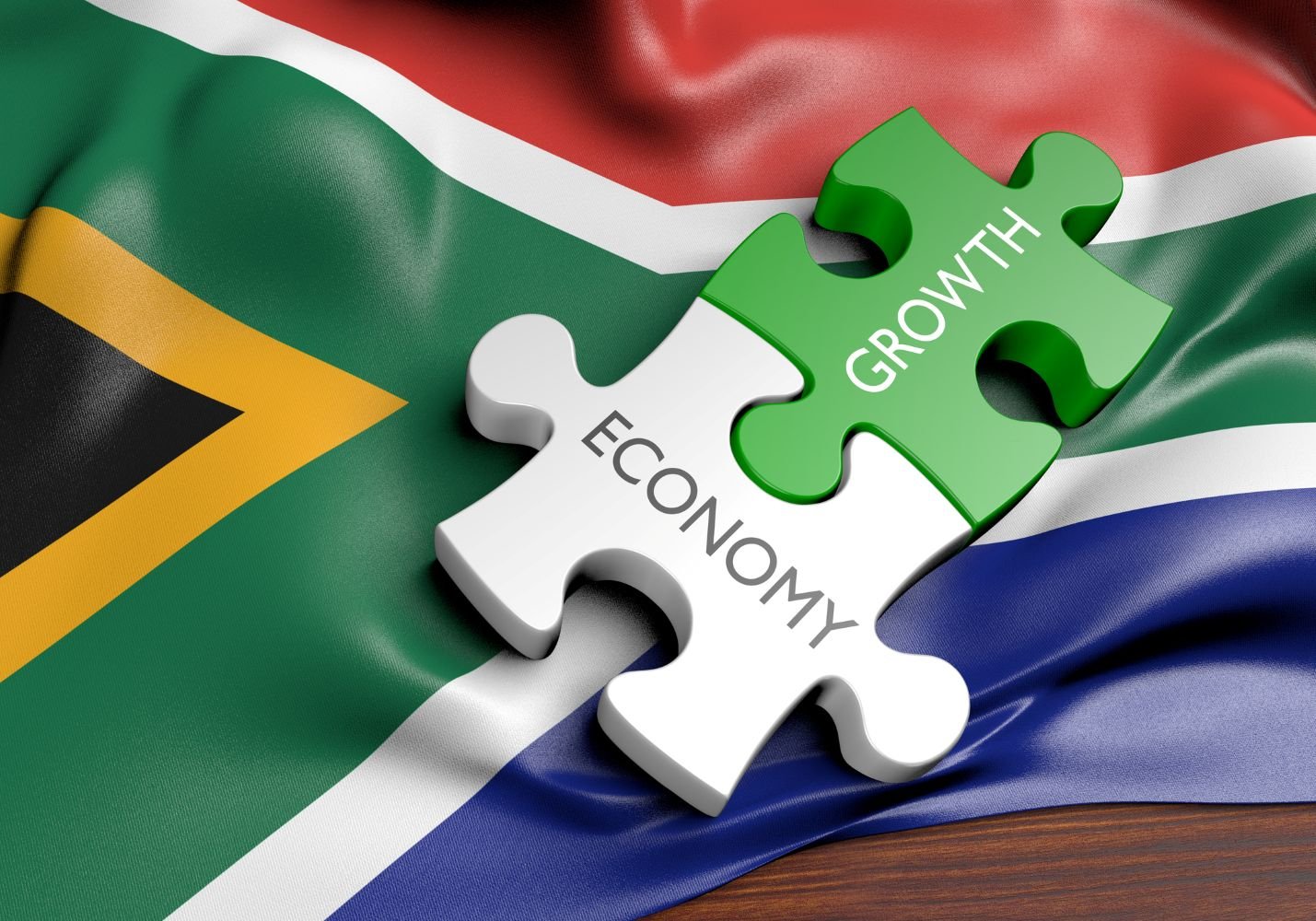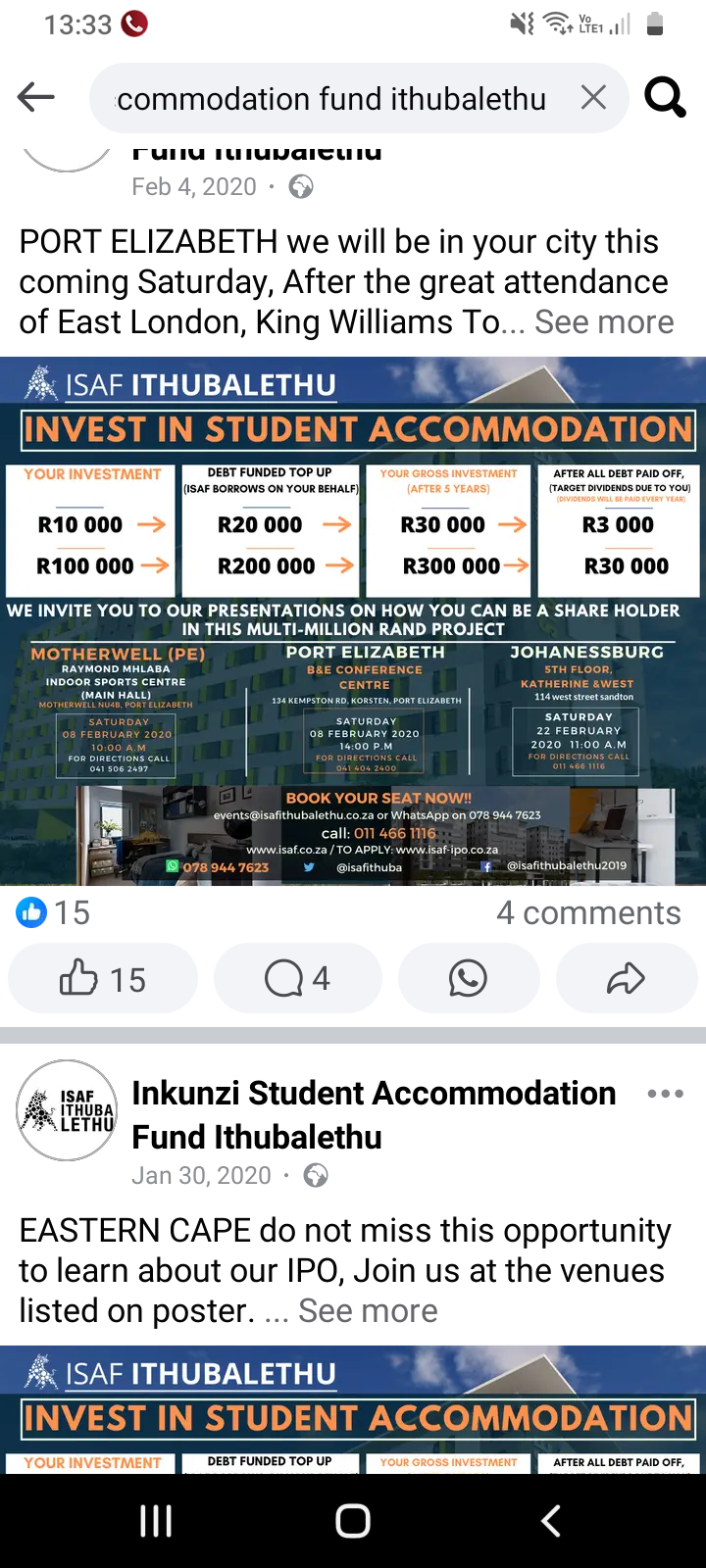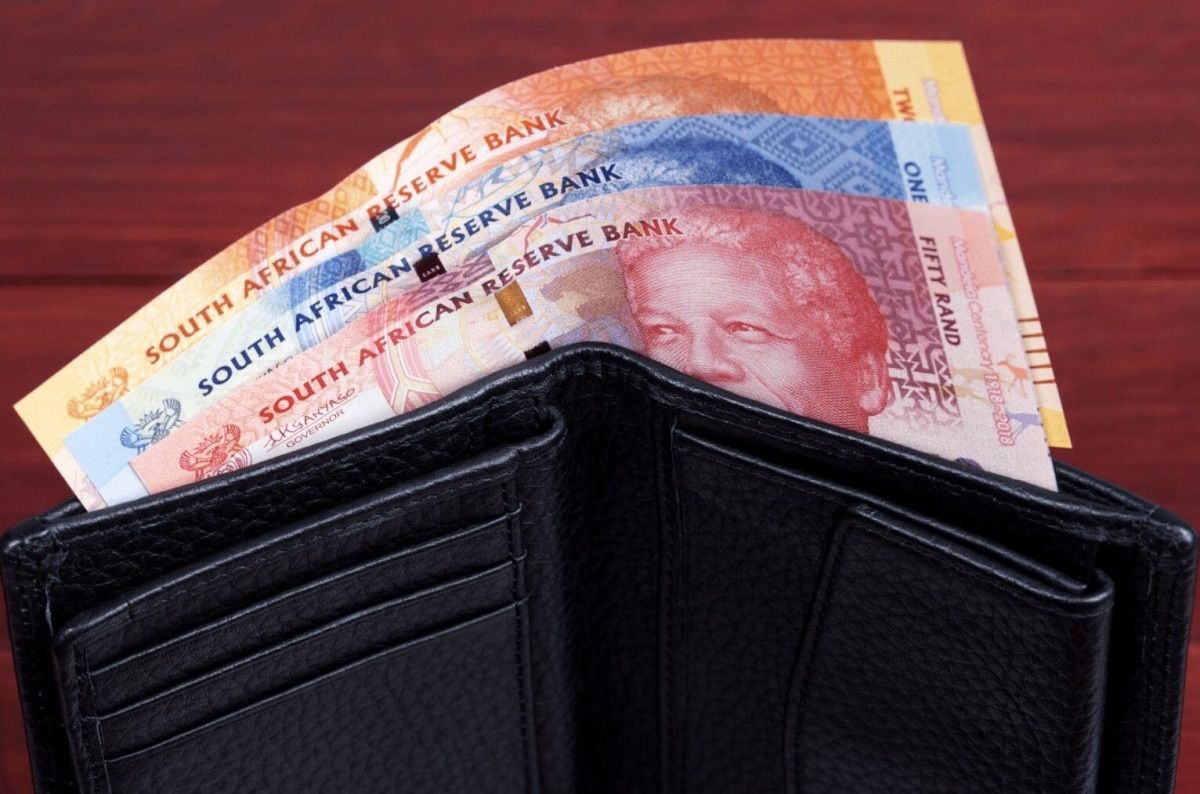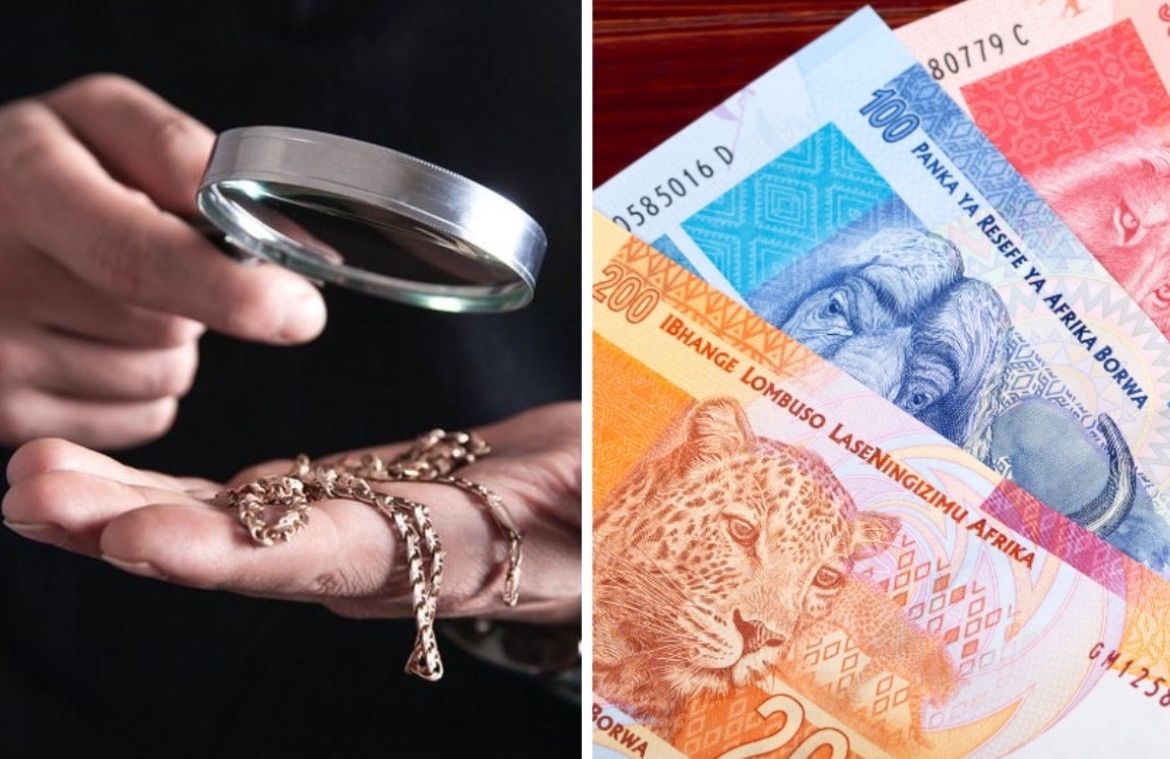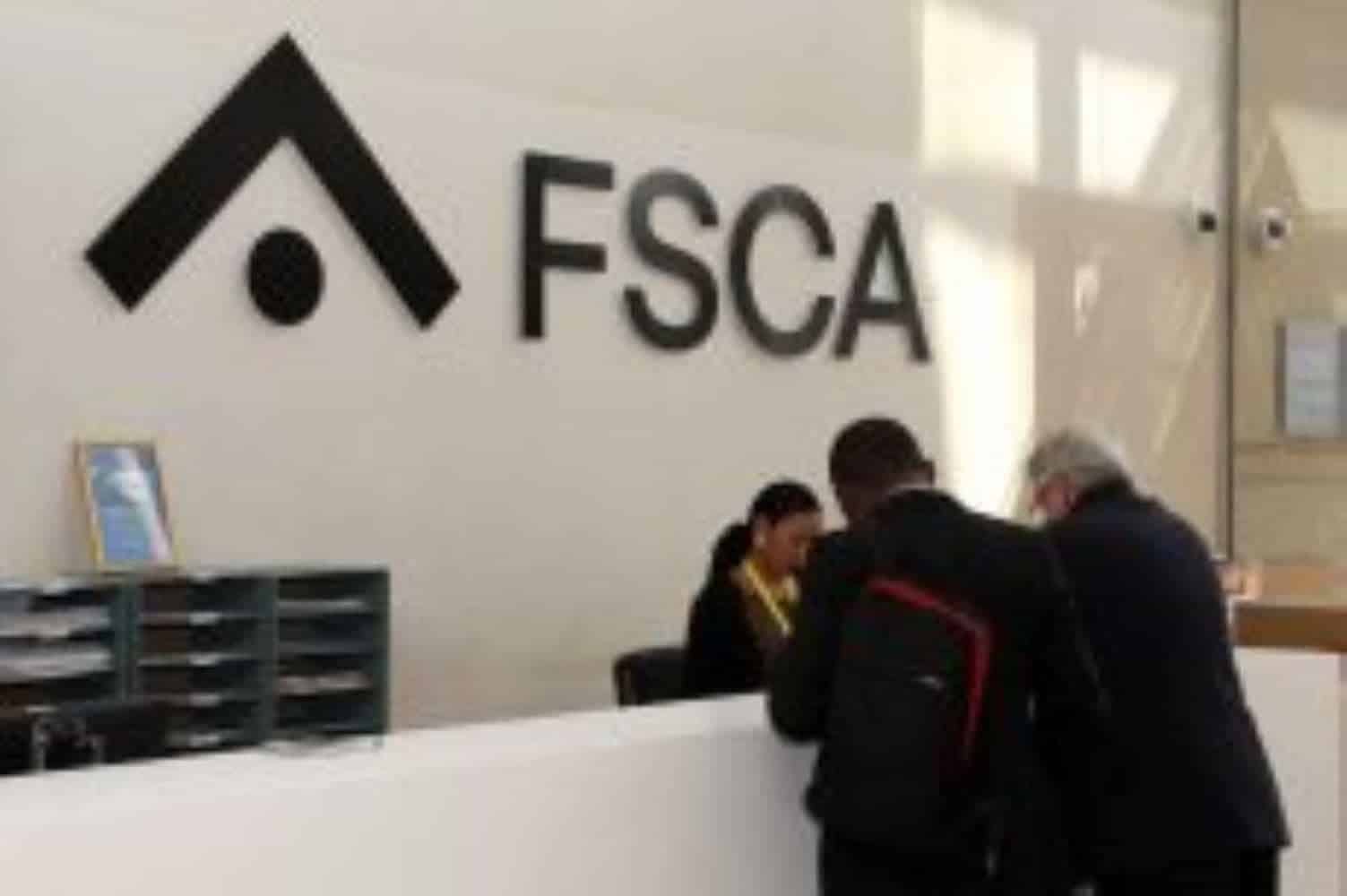The bulk of this funding will be directed toward reviving Eskom and Transnet.
South Africa’s energy and logistics sectors are struggling under the weight of neglect and mismanagement, unable to deliver their full potential. Years of poor maintenance and underinvestment have left critical infrastructure in a state of disrepair, rendering two of the country’s most vital systems sources of national frustration.
The National Treasury requested support from the World Bank to restore former glory in these sectors. Earlier this week, the World Bank announced it has approved a $1.5 billion (approximately R26.5 billion) loan. The bulk of this funding will be directed toward reviving Eskom and Transnet.
This assistance is provided through the bank’s Development Policy Financing (DPF), which provides non-earmarked funds for development policy operations (DPO).
ALSO READ: ‘Sad situation’: Eskom warns growing municipal debt seriously risks its sustainability
How will the loan help?
The World Bank said the loan will contribute to inclusive growth and job creation in the country.
The World Bank offers DPOs to help governments achieve sustainable development through a programme of policy changes and institutional actions, such as improving the investment climate, addressing bottlenecks to enhance service delivery, diversifying the economy, and strengthening public financial management.
“South Africa faces a deepening jobs and growth crisis. Structural barriers, including weak governance, limited competition, and skills shortages, have slowed progress. Infrastructure services have declined: in 2023, power outages cut GDP by 2% and cost 500 000 jobs, while rail and port inefficiencies reduced exports by around 20%.”
Loan to support Eskom
A portion of the loan will support the government’s objective to provide a reliable, affordable, and sustainable electricity supply for South Africans by making the power sector more efficient and competitive.
“The primary goal is to transition from a single, state-owned monopoly [Eskom] to a more open and competitive electricity market, where various providers can generate, transmit, and distribute power more efficiently.
“This transformation is critical, following years of electricity shortages and load shedding, which peaked in 2023, severely affecting the economy and people’s lives,” said the World Bank.
ALSO READ: Government delivers R51 billion support to Transnet. Will it last?
Loan to support Transnet
The objective of the freight transport sector reforms is to support the government’s efforts to transform the sector’s structure from a public monopoly to a competitive market.
At the heart of the reform is the unbundling of the struggling Transnet.
“To build the legal and institutional foundations required for transforming the sector, the authorities have focused their attention on: establishing an independent transport economic regulator to ensure fair and open access to private operators, and unbundling Transnet to allow for train operators to enter the market.
“These two reforms are required to create a level playing field between Transnet and potential private operators, paving the way for more efficient, affordable, and climate-resilient transport services.”
Transnet’s potential
The World Bank noted that the reforms aim to increase rail network capacity from 25% in 2023 to 65% by 2027, enabling the entry of at least four private operators.
“Just transition measures are expected to mobilise $750 million in grants and provide jobs for nearly 10,000 workers, including women, in communities affected by the energy transition.
“Together, these reforms could boost short-term GDP growth by 1% and 2–3% over the medium term, with up to 250 000 jobs created by 2027 and 500 000 by the early 2030s.”
NOW READ: Medium-term budget: Finance Minister Enoch Godongwana’s debt warning

